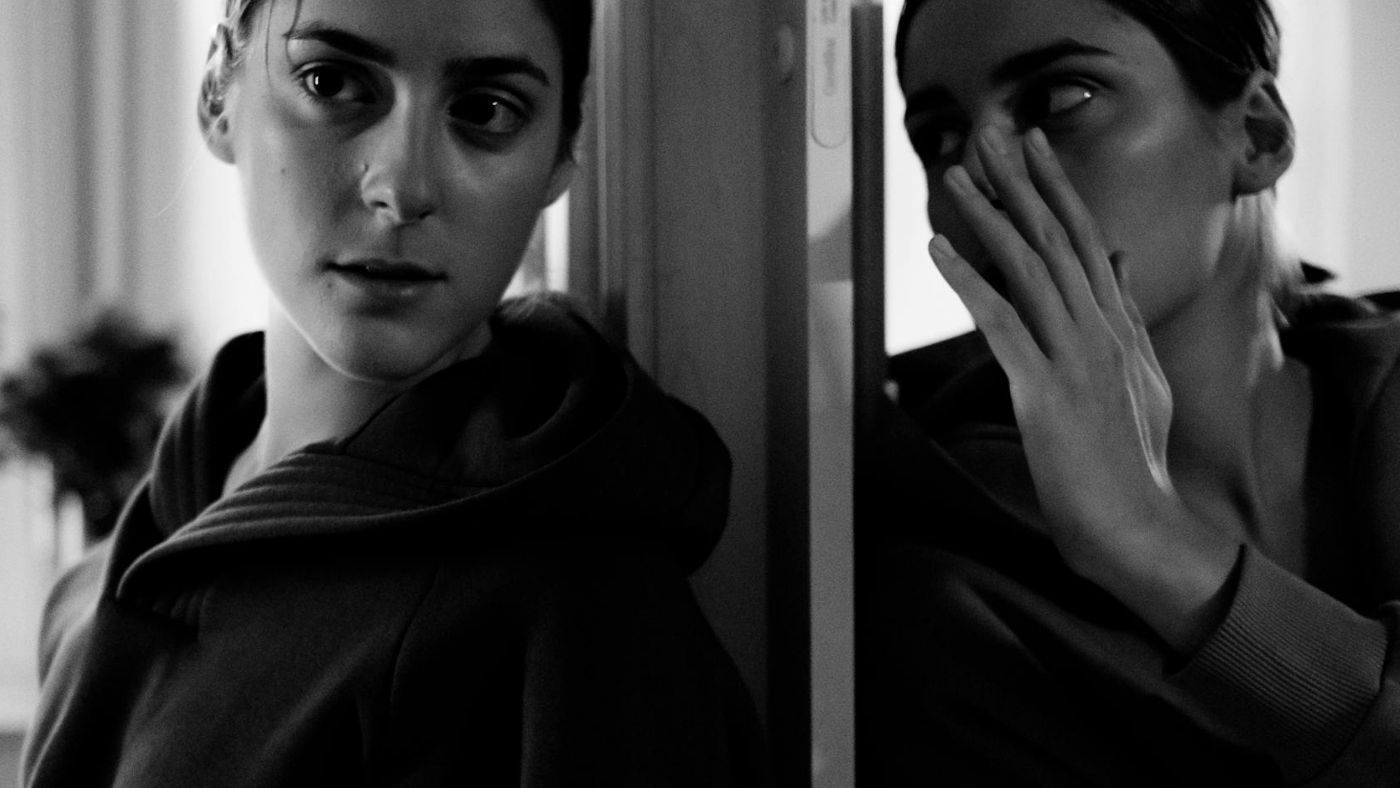Imagine two people living together in isolation. One begins to develop a strange, paranoid belief… Maybe they believe that the neighbors are spying on them or that they’re being targeted by a secret organization.
Then, over time, the second person starts to believe it too. Soon, both are convinced of the same delusion, reinforcing each other’s fears and cutting themselves off from reality.
This eerie phenomenon has a name: Folie à Deux, French for “madness of two.” Also known in modern times as shared psychosis or shared delusional disorder, it’s one of the rarest and most intriguing conditions in psychiatry.
Everyday Life? Not Quite…
Unlike impostor syndrome or cognitive dissonance, Folie à Deux isn’t something most of us experience in daily life. It’s rare and often linked to extreme circumstances: close relationships, social isolation, and one partner already suffering from psychosis.
But the concept captures our imagination because it feels like a dark exaggeration of something familiar: how much we influence the people closest to us.
We’ve all seen how beliefs, moods, and even quirks can spread between friends, couples, or families. Folie à Deux is that normal influence process turned up to eleven, crossing the line into shared delusion.
The Science and History
Folie à Deux was first described in 19th-century France by psychiatrists Charles Lasègue and Jules Falret. They noticed cases where two closely connected people developed the same delusional beliefs.
Typically, one person (the primary) has a psychotic disorder and strongly holds a delusion. The other (the secondary) is more suggestible and, through close emotional bonds and isolation, begins to adopt the same belief. Once separated from the primary, the secondary often recovers quickly, suggesting their delusion was “borrowed.”
Psychiatrists have since identified variations:
- Folie imposée: One dominant person imposes a delusion on another.
- Folie simultanée: Two people independently develop the same delusion at the same time.
- Folie à famille: A whole family shares a delusion.
- Folie à plusieurs: A delusion spreads through a larger group (sometimes linked to cults).
Though rare, these cases highlight the powerful role of relationships in shaping and, sometimes, distorting reality.
Why It Matters
While it’s certainly fascinating, Folie à Deux isn’t just some mere curiosity for psychiatrists. In fact, it raises some much bigger questions about human psychology.
First, it shows how deeply social we are. Our sense of reality isn’t formed in isolation, and it’s constantly being reinforced by the people around us. When those bonds are strong and the environment is closed off, even irrational beliefs can take root and spread.
Second, it blurs the line between individual and shared mental health. If one person’s psychosis can “infect” another, where does one mind end and the other begin?
Finally, it highlights the importance of environment. Folie à Deux is most likely to occur in situations of isolation, where there are no outside perspectives to challenge the delusion. It’s a handy reminder that social connection to diverse viewpoints is a seriously important safeguard against distorted thinking.
Pop Culture and Famous Cases
Folie à Deux has inspired countless works of fiction, from psychological thrillers to horror stories. The idea of two people spiraling into a shared madness is both terrifying and captivating.
One of the most famous real-world cases involved the Eriksson twins, Ursula and Sabina, who in 2008 were caught on camera running into traffic on a UK motorway, seemingly sharing a psychotic episode. Their bizarre, synchronized behavior shocked the public and fueled speculation about shared psychosis.
Another chilling case is that of the Silent Twins, June and Jennifer Gibbons, who grew up in near-total isolation and developed a private language and shared delusional world. Their story has since been the subject of books and documentaries.
Of course, pop culture has run with the theme, too. Films, novels, and a myriad of true crime podcasts love the eerie drama of two people reinforcing each other’s madness. It’s a trope that resonates because it taps into both our fascination with psychology and our fear of losing touch with reality.
Using the Concept for Insight
In these articles, I try to connect the topic to our everyday lives, but that’s a bit difficult here. After all, this is quite rare, and the fact is that most of us will never experience Folie à Deux directly.
However, there’s still a lesson to be learned here as the phenomenon offers a metaphor for everyday life. It’s a very important reminder of how contagious beliefs can be. Spend enough time with someone who sees the world a certain way, and you just may start to adopt their lens, whether that is for better or worse.
That’s why surrounding ourselves with healthy, grounded influences matters. Just as shared delusion can spread in isolation, shared optimism, creativity, or resilience can spread in supportive communities.
Tomato Takeaway
Folie à Deux is a rare, unsettling, and fascinating phenomenon where one person’s delusion becomes two people’s reality. It’s a reminder of how deeply social our minds are, and how much our sense of truth depends on the people around us.
Most of us won’t fall into shared madness, but we all live in shared realities shaped by our closest relationships. In that sense, Folie à Deux isn’t just about madness, but it’s also (and most importantly) about the immense power of human connection to shape how we see the world.
Fueled by coffee and curiosity, Jeff is a veteran blogger with an MBA and a lifelong passion for psychology. Currently finishing an MS in Industrial-Organizational Psychology (and eyeing that PhD), he’s on a mission to make science-backed psychology fun, clear, and accessible for everyone. When he’s not busting myths or brewing up new articles, you’ll probably find him at the D&D table or hunting for his next great cup of coffee.


